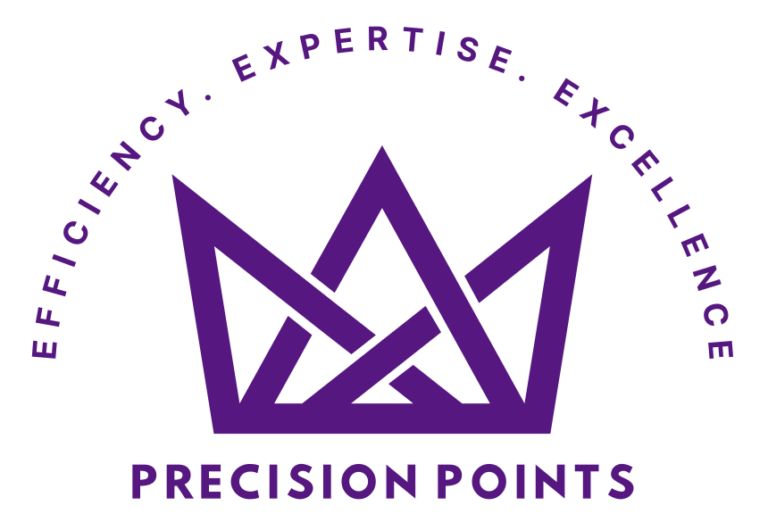
Personality tests are increasingly popular tools in the workplace, helping companies understand their employees and create a more productive and harmonious environment. When used effectively, they can provide significant advantages in recruitment, team building, leadership development, and overall workplace culture. However, they should always be used in conjunction with other evaluation methods to avoid over-reliance on these tools.
Here are the key benefits and important considerations when using personality tests in a business setting:
1. Improved Hiring Decisions
Personality tests can help companies identify candidates who are a better fit for specific roles and organizational culture. By evaluating traits like teamwork, leadership potential, or adaptability, employers can:
- Reduce the risk of hiring mismatches.
- Complement skills-based assessments with behavioral insights.
- Identify candidates with the potential to thrive in the company’s environment.
Example: If a role requires a high level of creativity and innovation, personality tests can pinpoint individuals who score highly in traits like openness and curiosity.
Caution: While personality tests can provide valuable insights, they should never replace skills assessments, reference checks, or interviews. A candidate’s experience and qualifications must also be thoroughly evaluated.
2. Enhanced Team Dynamics
Understanding the personalities within a team can improve collaboration and communication. When employees know their own and their colleagues’ work styles, they can:
- Address potential conflicts before they arise.
- Build stronger, more cohesive teams by balancing diverse traits.
- Assign tasks based on strengths (e.g., detail-oriented individuals handling precision tasks while big-picture thinkers focus on strategy).
Example: Tools like the MBTI (Myers-Briggs Type Indicator) or DISC assessments highlight differences in communication styles, enabling teams to work together more effectively.
3. Boosted Employee Engagement and Retention
When employees feel understood and placed in roles that align with their personalities, they are more likely to be engaged and satisfied. This leads to:
- Increased productivity.
- Higher job satisfaction.
- Lower turnover rates, saving costs associated with rehiring and training.
Example: A test might reveal that a person thrives in a fast-paced, competitive environment, ensuring they are placed in roles where they can excel rather than feel overwhelmed or underutilized.
Caution: A good personality match doesn’t guarantee success. Be mindful not to pigeonhole employees into roles based solely on their test results, as this can limit their potential or lead to frustration.
4. Personalized Leadership Development
Personality tests can identify leadership potential and tailor development programs to individual needs. Managers can gain insight into:
- Their own leadership styles.
- Areas for improvement, such as conflict resolution or decision-making.
- How to motivate and manage team members based on their personalities.
Example: A leader with a dominant personality might learn strategies to improve their empathy and communication skills, fostering stronger team relationships.
5. Better Conflict Resolution
Understanding personality differences can help resolve workplace conflicts. When team members are aware of how others think and behave, they’re more likely to approach disagreements constructively. Managers can also:
- Mediate conflicts more effectively.
- Build empathy among team members.
- Prevent misunderstandings from escalating.
6. Strategic Workforce Planning
Personality assessments can guide long-term workforce planning by:
- Identifying employees suited for promotions or lateral moves.
- Pinpointing areas where the team might benefit from new hires with specific traits.
- Aligning employee strengths with organizational goals.
Example: A personality test may reveal an employee with exceptional potential for strategic thinking, positioning them for a role in business development.
Caution: Results should inform decisions but not dictate them. Each individual has unique circumstances, and workforce planning should consider multiple factors.
7. Increased Workplace Diversity
By focusing on personality traits and behavioral strengths, companies can hire a more diverse workforce. This reduces unconscious bias that may arise from focusing solely on resumes or traditional interviews and fosters inclusivity.
8. Objective Decision-Making
Personality tests provide measurable, standardized data, reducing the reliance on subjective opinions during recruitment or performance evaluations. This ensures that decisions are based on tangible insights rather than personal biases.
Avoiding Over-Reliance on Personality Tests
While personality tests offer numerous benefits, relying solely on them can lead to inaccurate or unfair outcomes. They provide a snapshot of traits and tendencies but cannot fully capture an individual’s capabilities, adaptability, or potential.
Key Considerations:
- Use personality tests as part of a comprehensive evaluation process that includes interviews, reference checks, and skills assessments.
- Avoid overgeneralizing or stereotyping employees based on test results.
- Reassess periodically, as personalities and work styles can evolve over time.
Popular Personality Tests Used by Companies:
- Myers-Briggs Type Indicator (MBTI): Identifies preferences in how individuals perceive the world and make decisions.
- DISC Assessment: Focuses on behavior and communication styles.
- Big Five Personality Traits (OCEAN): Measures openness, conscientiousness, extraversion, agreeableness, and neuroticism.
- Clifton Strengths/Strength Finders: Highlights employees’ natural talents and strengths.
- Enneagram: Explores core motivations and emotional tendencies.
Conclusion
This type of valuation method is a credible tool for both employers, current teams, and potential new hires. A helpful option for improving hiring, enhancing teamwork, and fostering leadership growth. They offer insights into individual behaviors and preferences, creating opportunities for companies to build stronger, more adaptable teams. However, they must always be part of a broader strategy to evaluate and develop employees effectively.
If your company is considering implementing personality assessments, Precision Points can help you integrate these tools effectively while maintaining a balanced approach. Contact us today to learn more!

